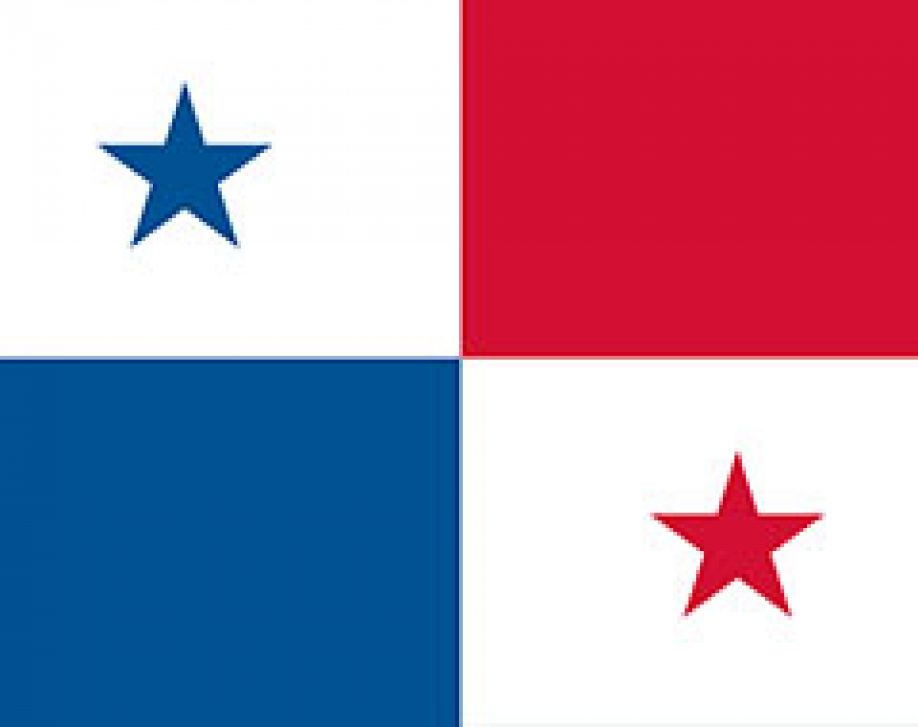The Colon Free Zone is very successful, accounting for more than 10% of GNP. Only locally-sourced income is taxed. It is reasonably easy to form corporations, and privacy is assured. There are no tax treaties, although a number are close to ratification, and Panama has entered twelve TIEAs.
Withholding taxes apply only to locally sourced income. There is no capital gains tax but gains on real estate count as income.
Under Torrijos Panama enjoyed something of a boom; growth was 8.3% in 2008. Inevitably, the world financial and economic crisis dampened growth in 2009, falling to 3.9% (est), rising to an estimated 7.6% in 2010, 10.6% in 2011 and is estimated to be 10% in 2012.
GDP per head was US$15,266 (2012 est) at Purchasing Power Parity and unemployment levels are at 4.6% (2012 est). As of 2011, Panama's GDP at Purchasing Power Parity was valued at US$55.124bn.
In June 2000, Panama was identified by the FATF as a non-cooperative tax haven in the global fight against money-laundering. The result of this was that Panama was one of fifteen tax jurisdictions placed on an FATF blacklist. Each offending tax haven had a year in which to correct its regulations and legislation.
The FATF released its annual report in June 2001, in which the organization revised its list of countries and territories deemed non-cooperative. Only four were removed from the list, including Panama (the other three being the Cayman Islands, Liechtenstein and the Bahamas). Panama was praised by the FATF for its substantial efforts to conform to forty recommendations set out in a code of good practice governing money laundering.
Although along with many other offshore jurisdictions Panama issued a 'commitment' letter to the OECD in 2001, following agreement on the EU's Savings Tax Directive in 2003, Panama told the OECD that it considered there was no longer a 'level playing field' and that it did not consider itself bound by its commitments.
In April 2009, following that month's landmark G20 summit in London, Panama was placed on the OECD's 'grey list' of territories which have committed to, but not yet substantially implemented, the internationally agreed standard in tax transparency and information exchange. Panama has set about negotiating tax agreements in response and signed its' twelfth information exchange agreement in June 2011.
The secretary-general of the OECD, Angel Gurria, said that the country had "worked hard" to exit the non-cooperative grey list, making "remarkable strides toward complying with the international standards in a very short time." He warned, however, that the body's Global Forum would have to assess whether domestic legislation practically allows for information exchange.
|
COUNTRY:
|
PANAMA
|
|---|---|
|
Region:
|
Americas
|
|
Currency:
|
US dollar (USD) (US$)
|
|
Languages:
|
Spanish, English
|
|
Time Zone:
|
UTC -5
|
|
Phone Code:
|
+507
|
|
Communications:
|
Good
|
|
Formation Cost:
|
1000 - 2400 USD$
|
|
Formation Time:
|
4 - 6 days
|
|
Maintenance cost:
|
800 - 1000 USD$
|
Suitable for:
- Banking,
- Fund Management,
- Shipping, Aviation,
- Yachting,
- Trading Goods,
- Trading Financial,
- Intellectual Property/Licensing,
- Holding Companies,
- Property Ownership
Vehicle Types:
- Limited companies,
- public limited companies,
- trusts, branches,
- general partnerships and limited partnerships
Capital primary business districts:
Panama City
Good Relationships:
Canada, China, India, United States
Bad Relationships:
Burma, Cuba, Iran, Korea (Democratic People's Republic of), Libya, Somalia, Sudan, Syria
Tax Burden - Business:
Moderate
Tax Burden - Individual:
Light
Headline tax rates:
CIT 25% (energy, telecommunications, insurance, financial, mining and banking companies 27.5%) (offshore income 0%), PIT 15%-25%, VAT 7%
Treaty Jurisdictions:
Barbados, Czech Republic, France, Ireland, Korea, Republic of, Luxembourg, Mexico, Netherlands, Portugal, Qatar, Singapore, Spain, United Arab Emirates, United Kingdom
TIEA Jurisdictions:
Canada, Denmark, Faroe Islands, Finland, Greenland, Iceland, Norway, Sweden, United States
















